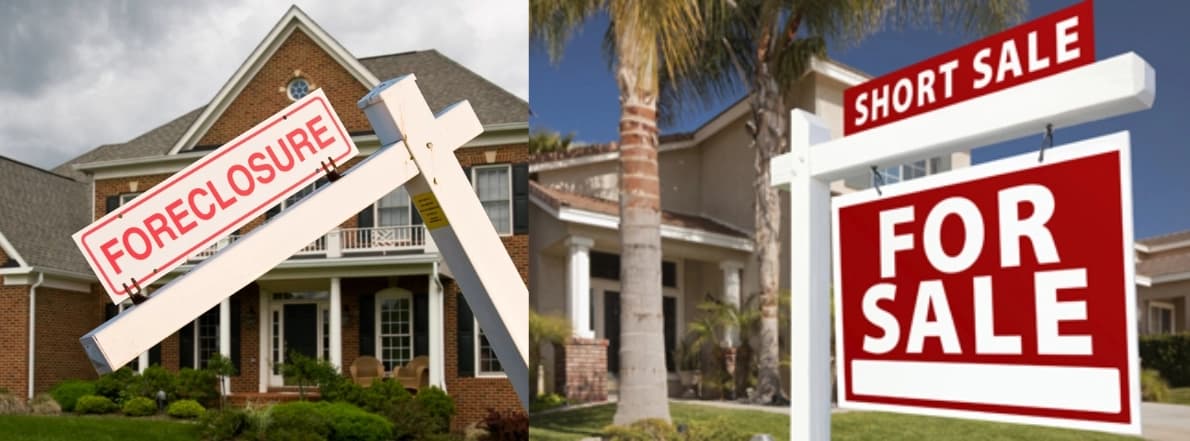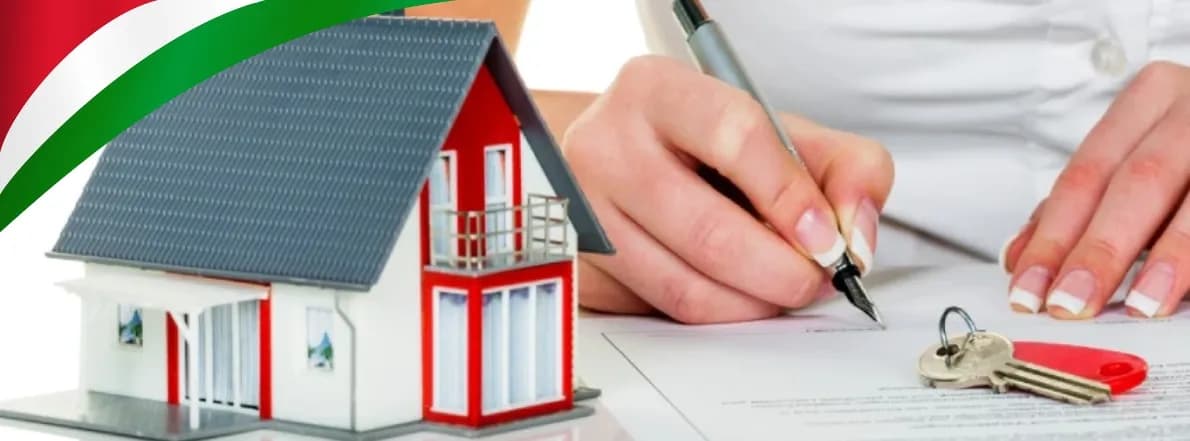Difference between Foreclosure and Short Sales
For a middle-class person, buying a home is one of the key events of their life that demands a lot of hard work, disciplined savings, and time. However, when a student's financial crisis occurs, such as unemployment, debt burden, and others, it can make it difficult for them to sell their home. If you are a homeowner forced to sell your home urgently, you may have heard about foreclosures and short sales. This guide will help you better understand foreclosures and short sales, their benefits and drawbacks, and some key insights for buyers and sellers.
What is a Foreclosure?
Suppose you had taken a loan against your home from a lender. When you missed multiple payments, the lender took possession of the property and sold it to pay the remaining debt. This is called a foreclosure, and it results in the loss of the property without going through a sale process.
Process
- The lender contacts you and gives a warning once you miss multiple payments on your mortgage.
- The lender will issue a notice of default. Send it to you and file it to the local recorder's office.
- Preforeclosure initialization occurs when you get a chance to settle the debt before selling. You may have the right to reclaim your home before the sale.
- The home gets sold at a public auction or any means to make the debt.
Drawbacks
- Your Credit score is affected heavenly.
- May face challenges in finding loans.
- Equity Loss.
What is a Short Sale?
In contrast to Foreclosure, a short sale can be a great alternative for the seller. When you decide to sell your house to make up the debt by sending a proposal to the lender, if they approve, then it would be called a short sale. Here, the primary goal is to sell property for less than what you owe by avoiding the possibility of Foreclosure.
Process
- Write a hardship letter expressing that you're facing financial challenges and seeking flexibility, including supporting documentation, to the creditor or lender.
- Listing your home or property by working with a real estate agent.
- Submit an offer to the lender; you may be required to negotiate the terms with the buyer.
- Finalizing a deal that is satisfactory for all. However, depending on the lender, you may still need to pay the difference between the sale price and the mortgage balance.
Why Consider it
- A short sale has a lesser impact on your credit score than a foreclosure. Usually, a short sale does not impact much, making it easier to recover and buy another home soon.
- Foreclosure is forcefully done because there is no option to make up for the debt, but in a short sale, you voluntarily send the proposal to the lender to avoid the risk of auction and eviction.
Drawbacks
- The process can be lengthy for a seller, including drafting a letter, finding a real estate agent, listing a home, and finalizing a deal with the lender.
- Since the seller and lender must agree to the terms of a short sale transaction, this might take significant time and effort. Therefore, the shot sale does not guarantee the approval of a sale that eventually falls through.
Key Insights.
- Both can badly affect your credit score; compared to Foreclosure, affected credit can be recovered in a short period after a short sale.
- With Foreclosure, there is a risk of owning a property in the future.
- You must consider a short sale rather than a foreclosure if you can't afford the debt payments.
- Apart from a Short sale, there are a few alternatives to Foreclosure that you can consider. These are as follows.
- Forbearance
- Repayment Plans
- Loan Modification
- Deed instead of Foreclosure










